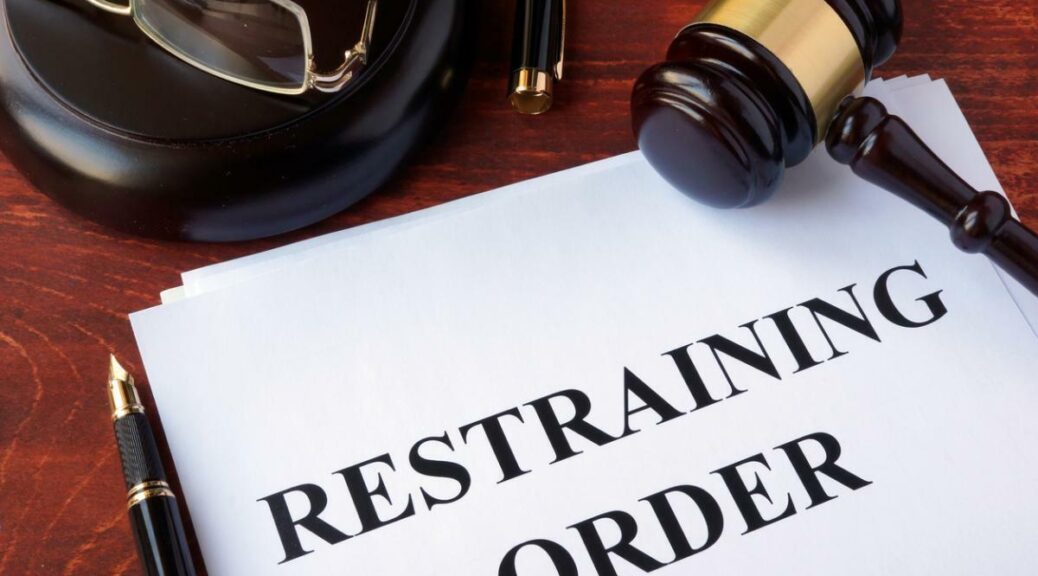Child custody can be one of the most challenging aspects for parents going through a divorce or separation. While many families successfully establish joint custody arrangements that work well, there are circumstances where seeking sole custody may be in the child’s best interest. Understanding the implications of sole custody and knowing when to pursue this option is crucial for any parent facing custody issues.
The Law Offices of Judy L. Burger can assist you through the process of petitioning the court for sole custody and advise you when this is a wise course of action.
What Is Sole Custody?
Sole custody refers to a legal arrangement where one parent holds full authority over decision-making regarding the child’s upbringing and is primarily responsible for the child’s physical care. There are two types of sole custody:
- Sole legal custody: one parent has the exclusive right to make major decisions about the child, including education, healthcare, and religious upbringing.
- Sole physical custody: the child lives primarily with one parent, and the other parent may have visitation rights.
When to Seek Sole Custody
While every custody situation is unique, there are several circumstances where pursuing sole custody may be necessary to ensure the child’s well-being and stability:
- Abuse or Neglect: If there is evidence that the other parent has abused or neglected the child, seeking sole custody may be essential. The safety and emotional well-being of the child should always be the top priority. Documentation of any incidents or patterns of behavior can strengthen your case.
- Substance Abuse: A parent’s struggle with substance abuse can significantly impact their ability to care for a child. If the other parent is involved in drug or alcohol abuse that endangers the child, it may be appropriate to seek sole custody to protect the child from potentially harmful situations.
- Mental Health Issues: If the other parent suffers from mental health issues that impair their judgment or ability to care for the child, you may need to pursue sole custody. It’s essential to show that these issues could affect the child’s safety or well-being.
- Parental Alienation: If one parent is deliberately trying to undermine the child’s relationship with the other parent, it may create a toxic environment for the child. Sole custody might be necessary to protect the child’s emotional development and foster a healthier relationship.
- Unstable Living Conditions: If the other parent’s living situation is unstable—such as frequent moves, unsafe conditions, or involvement with questionable individuals—this can be a valid reason to seek sole custody. Stability in a child’s living environment is crucial for their development and well-being.
How Judy L. Burger Can Help
Judy L. Burger, a Certified Family Law Specialist in California, understands the intricacies of custody disputes and can guide you through the process of seeking sole custody. Here’s how Judy can assist you:
- Legal Expertise: Judy possesses extensive knowledge of California family law, enabling her to provide tailored legal advice based on your unique circumstances. She can help you determine whether pursuing sole custody is the best option in your case.
- Preparing Your Case: Judy will work with you to gather evidence and documentation that supports your petition for sole custody. This may include gathering witness statements, medical records, and any police reports related to abuse or neglect.
- Navigating Court Procedures: The legal process for petitioning the court can be complicated. Judy will guide you step-by-step, ensuring that all required documentation is submitted correctly and on time, and representing you during court hearings.
- Mediation Services: In some cases, mediation may be a viable option to resolve custody disputes amicably. Judy has strong mediation skills and can facilitate discussions with your co-parent to reach a fair agreement outside of court.
- Advocating for Your Child’s Best Interests: Judy’s primary focus is on the welfare of your child. She will advocate in court to demonstrate how sole custody will provide the best environment for your child’s physical and emotional needs.
FAQs About Sole Custody
Can I get sole custody if my ex is agreeable to joint custody?
While agreeing to joint custody is a factor, the court will ultimately decide based on the child’s best interests. If you have concerns about your ex’s parenting abilities or behaviors, it is essential to present evidence to support your request for sole custody.
How does the court determine who gets custody?
The court considers various factors, including the child’s age, health, emotional ties between the child and both parents, each parent’s ability to care for the child, and stability in the child’s life.
Do I need an attorney to seek sole custody?
While it’s technically possible to represent yourself, having an experienced family law attorney like Judy L. Burger is highly recommended. They can navigate the legal complexities and maximize your chances for a favorable outcome.
What if I’m denied sole custody? Can I appeal?
Yes, if the court denies your request for sole custody, you may have the option to appeal the decision. Consult with your attorney for specific advice and guidance on how to proceed.
How can I prepare for a custody hearing?
Preparation is key. Gather documentation to support your case, including evidence of your parenting situation, any issues with the other parent, and witness statements. Judy can help you prepare and understand what to expect during the proceedings.
Preparing for Sole Custody in California
Seeking sole custody can be a daunting and emotional process. However, in situations where a child’s safety or well-being is at risk, it can be the necessary step to ensure a stable environment. If you believe that pursuing sole custody is in your child’s best interest, reach out to Judy L. Burger. With her skill and experience in family law, she will work with you to navigate the complexities of custody arrangements and advocate for the best possible outcome for you and your child. Remember, you are not alone—support is available to help you through this challenging journey.











